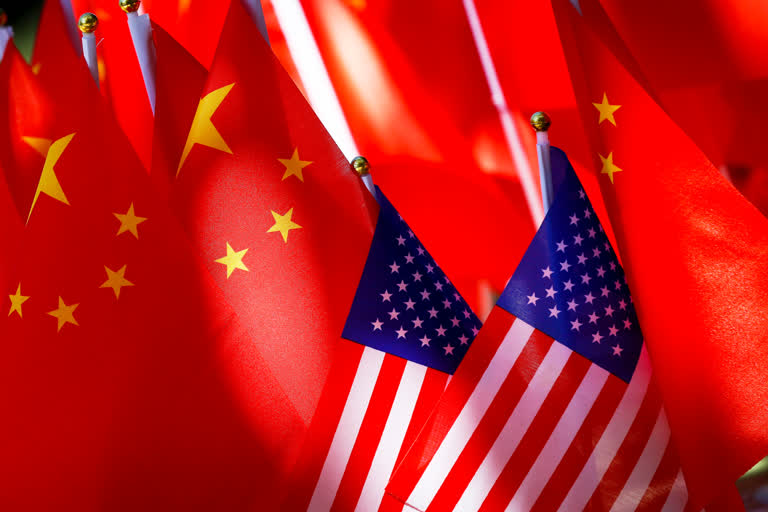Beijing: China’s government on Thursday demanded Washington to stop “political oppression” of Chinese media after more were ordered to register as foreign missions but gave no indication how Beijing might retaliate.
The order on Wednesday, which requires Chinese media to register their employees in the United States, adds to conflict over technology and security that have plunged US-Chinese relations to their lowest level in decades.
A foreign ministry spokesman, Zhao Liajian, called the move “political oppression.”
“China firmly opposes and strongly condemns unreasonable U.S. actions,” Zhao said at a regular news briefing. “China urges the United States to change course, correct its mistakes and stop the political oppression and unreasonable restrictions on Chinese media.”
Read:| China accuses US of racial discrimination
The latest steps apply to six Chinese newspapers and other media and raise the total number of outlets affected to 15.
Earlier, the Trump administration imposed limits on how many people Chinese media can employ and put them on 90-day visas. Beijing retaliated by expelling reporters for The New York Times, The Washington Post and The Wall Street Journal and has given remaining American reporters two-month visas.
The Trump administration contends that Chinese employees of state media act more as propagandists and agents for the Communist Party than journalists.
The latest measures apply to Yicai Global, Jiefang Daily, Xinmin Evening News, Social Sciences in China Press, Beijing Review, and Economic Daily. Controls announced earlier affect the Xinhua News Agency, China Global Television Network, China Radio International, China Daily Distribution Corp., Hai Tian Development USA, China Central Television, China News Service, the People’s Daily and the Global Times.
Also this year, Washington ordered China’s consulate in Houston closed. Beijing responded by closing the U.S. Consulate in the western Chinese city of Chengdu.
The Trump administration also has announced sanctions on Chinese officials, companies and government agencies for their actions in Tibet, Taiwan, Hong Kong and the South China Sea.
AP




